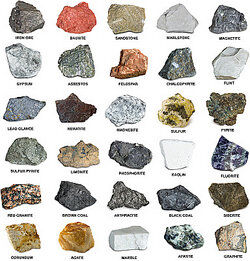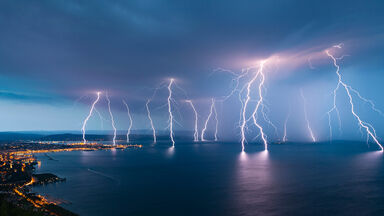Precipitation Definition
prĭ-sĭpĭ-tāshən
noun
The quantity of such water falling in a specific area within a specific period.
American Heritage
A hastening or acceleration, especially one that is sudden or unexpected.
He is responsible for the precipitation of his own demise.
American Heritage
A bringing on suddenly; acceleration.
Webster's New World
A precipitating or being precipitated; specif., a headlong fall or rush.
Webster's New World
Precipitancy; rash haste; impetuosity.
Webster's New World
Synonyms:
Antonyms:
Other Word Forms of Precipitation
Noun
Singular:
precipitationPlural:
precipitationsFind Similar Words
Find similar words to precipitation using the buttons below.





